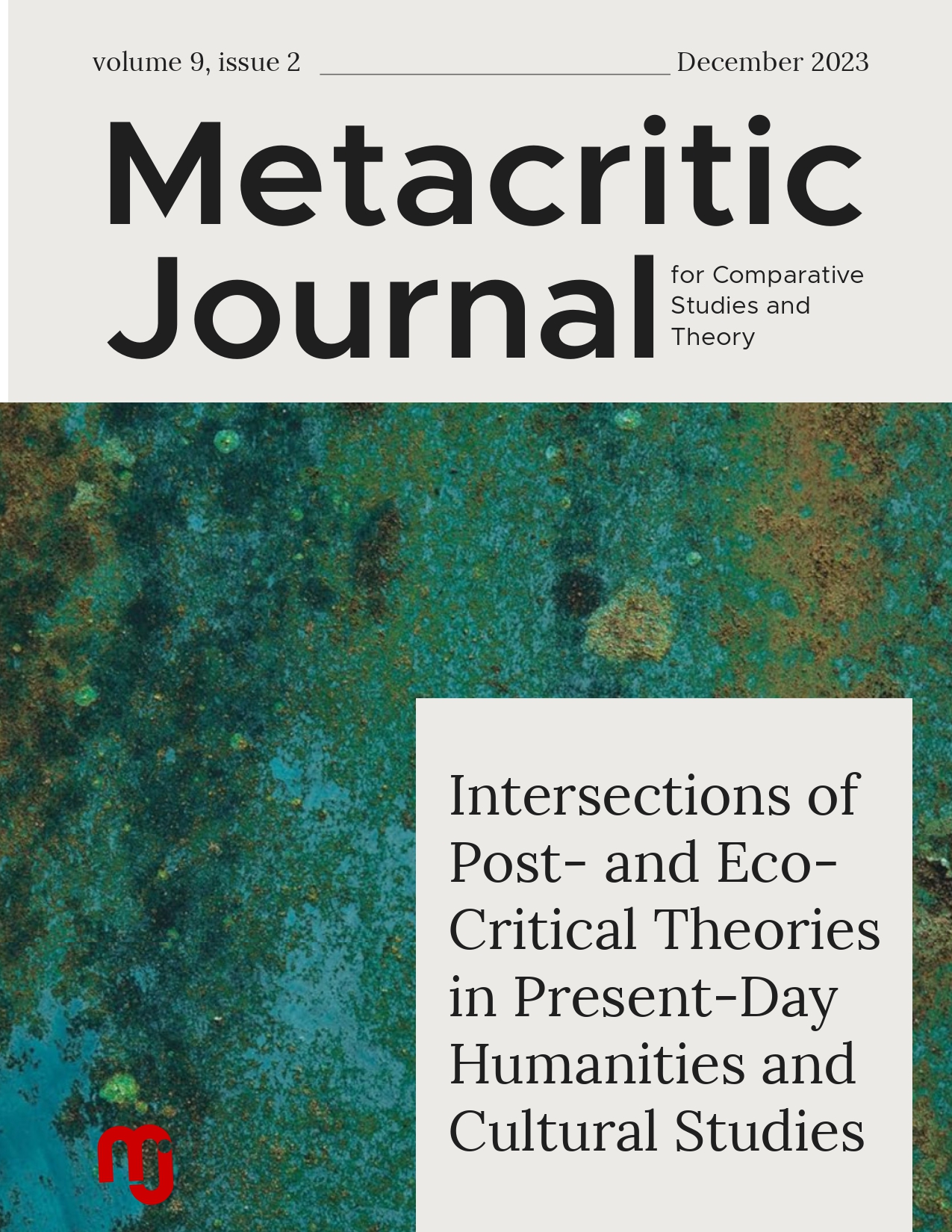Writing Fiction through the Camera Lens: Toni Morrison’s Intermedial Poetics
Writing Fiction through the Camera Lens: Toni Morrison’s Intermedial Poetics
Author(s): Ousseynou SySubject(s): Language and Literature Studies, Studies of Literature, Comparative Study of Literature
Published by: Universitatea Babeş-Bolyai
Keywords: intermediality; affect theory; cinematic language; archive; memory; history; silence;
Summary/Abstract: This paper analyzes the intermedial discourse in Morrison’s novel Beloved. It brings to the fore the cinematic tropes with which Morrison’s “politics of affect”, to borrow from Massumi’s syntagm, is interwoven. Drawing on Müller’s concept of intermediality which shows the appropriations of art forms, this paper decodes Morrison’s intermedial poetics. To engage with the trauma of history and the “Archive Fever,” Morrison resorts to a visual medium, cinema, to weave a hybrid literary discourse that lies at the heart of the postcritical turn in cultural, literary and media studies. Filmic techniques such as “show, don’t tell,” “freeze framing,” “close up,” “dissolve,” “off-stage” permeate Morrison’s text. In Beloved, the infanticide is related through an “off-stage” strategy. Drawing on all these cinematic strategies, Morrison intertwines images, sounds, and words to relate the affective experience of the Sweet Home dwellers. For example, the strategy of one way communication of the cinematic language which leads to a closed communication enables Morrison to frame the marginality of her community.
Journal: Metacritic Journal for Comparative Studies and Theory
- Issue Year: 9/2023
- Issue No: 2
- Page Range: 32-50
- Page Count: 19
- Language: English

